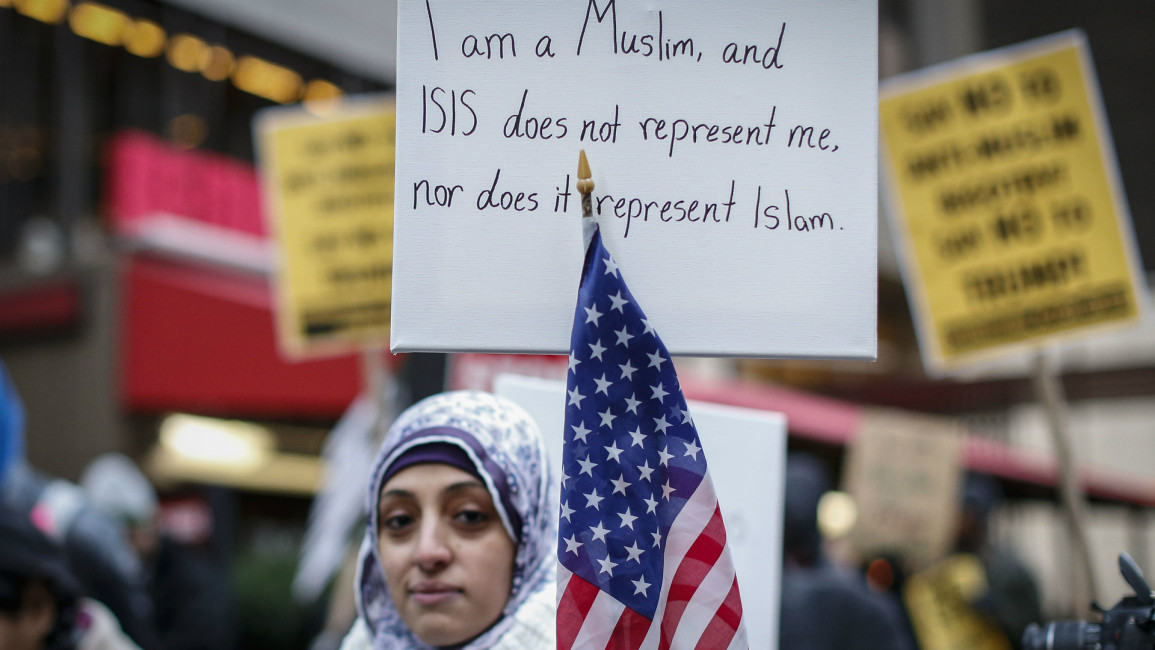Annual CAIR report finds major increase in anti-Muslim bias in the US
In its annual report on anti-Muslim bias, titled "Still Suspect: The Impact of Structural Islamophobia", the Council on American-Islamic Relations (CAIR) reports a major increase in bias incidents against Muslims in the United States.
The main areas of concern spotlighted by CAIR are immigration and travel, workplace discrimination, law enforcement and government overreach, denial of public accommodations, and hate and bias incidents. Combined, the incidents documented in the report have increased by 9% from 2020, the highest number the civil rights organisation has witnessed since it started recording these incidents.
"This shows the severity and intensity of Islamophobia," Huzaifa Shahbaz, CAIR national research and advocacy coordinator and the report's main author, told The New Arab. "The reason we believe there has been a rise in hate crime is that a lot of people are going back to work, going back to school, going back into society and resuming travelling."
In addition to getting back to work, school and travel in 2021, another impetus for the discrimination for Muslims last year was the influx of Afghan refugees, many of whom resettled in the state of Washington, where more than 700 complaints alone were reported at the chapter in Seattle.
On top of bias by everyday people who might not be educated about Muslims or Islam, such as schoolchildren, many Muslims also have to contend with law enforcement who do have protocol training.
Shahbaz noted that in one instance a woman who was wearing her hijab was stopped for speeding on her way to celebrate Eid at Sequoia National Park in California. The officer who booked her forcibly removed her hijab for her photo, despite the county sheriff's policy stating, "inmates wearing headscarves or other approved coverings shall not be required to remove them while in the presence of or while visible to the opposite sex if they so desire."
Examples like these are part of why many Muslims do not feel comfortable coming forward with complaints of bias to law enforcement, hence the importance of CAIR's report to give a fuller picture of bias of Muslims across the United States.
"The FBI does their annual hate crime report, but we believe this is not reflective of what is happening in society," said Shahbaz, noting that most city police departments do not report hate crimes to a national database.
"CAIR has a great relationship with the Muslim community," he said. "Law enforcement must take the necessary steps to rebuild trust. A lot of folks report to us at CAIR because we're a trusted institution."


![President Pezeshkian has denounced Israel's attacks on Lebanon [Getty]](/sites/default/files/styles/image_684x385/public/2173482924.jpeg?h=a5f2f23a&itok=q3evVtko)



 Follow the Middle East's top stories in English at The New Arab on Google News
Follow the Middle East's top stories in English at The New Arab on Google News


